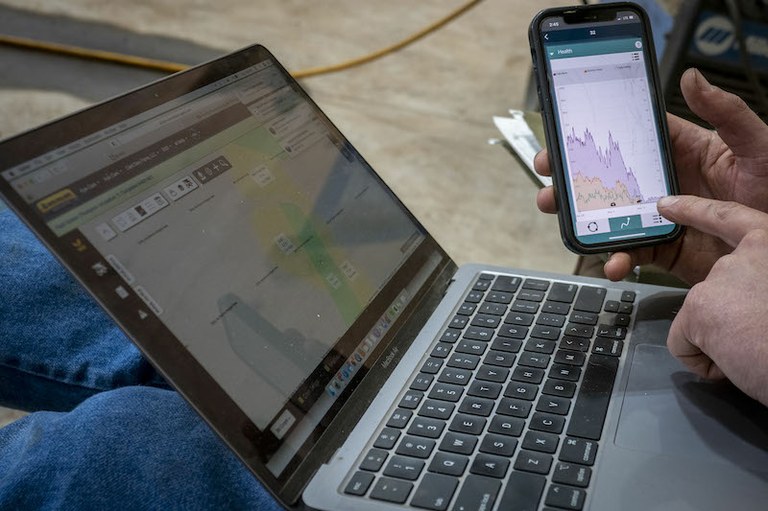Training

- Clark Farms Creamery is a multigenerational dairy farm, that milks around 230 head Holstein Heifers in Delhi, New York. The use of modern apps help them stay abreast of their cattle and field well-being. (USDA/FPAC photo by Preston Keres)
The Equity and Inclusion training resources section hopes to share, educate, and equip conservation practitioners with skills to work thoughtfully and responsively with diverse communities in the landscape. Materials will be shared from USDA and other Landscape Partnership agencies and organizations.
"To serve all Americans by providing effective, innovative, science-based public policy leadership in agriculture, food and nutrition, natural resource protection and management, rural development, and related issues with a commitment to deliverable equitable and climate-smart opportunities that inspire and help America thrive."
Equity is not an add-on or extra; it is central to the USDA Department’s mission (PDF, 9.6 MB)"
USDA.gov
Professional development programs
Explore professional development groups related to equity and inclusion in conservation. These groups include professional networks for diverse employees and groups that offer diversity, equity, and inclusion training for conservation professionals.
Online trainings
Online training resources like webinars and podcasts to learn more about how to incorporate equitable and inclusive practices into landscape work
Training programs
Explore programs to build capacity and get training on conservation, agriculture, and working lands. Programs may have specific requirements to determine eligibility and ensure resources are accessible for historically underserved or marginalized producers and communities.






















